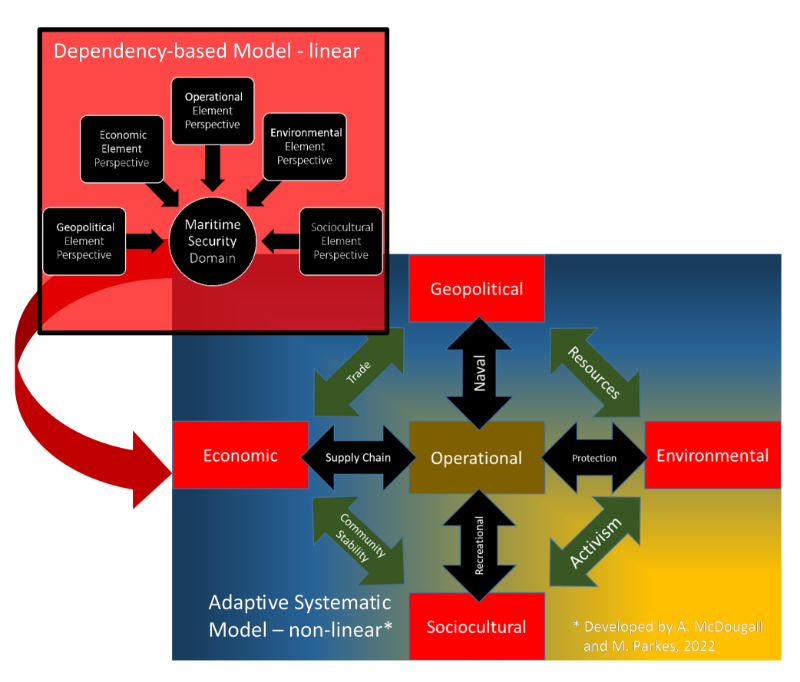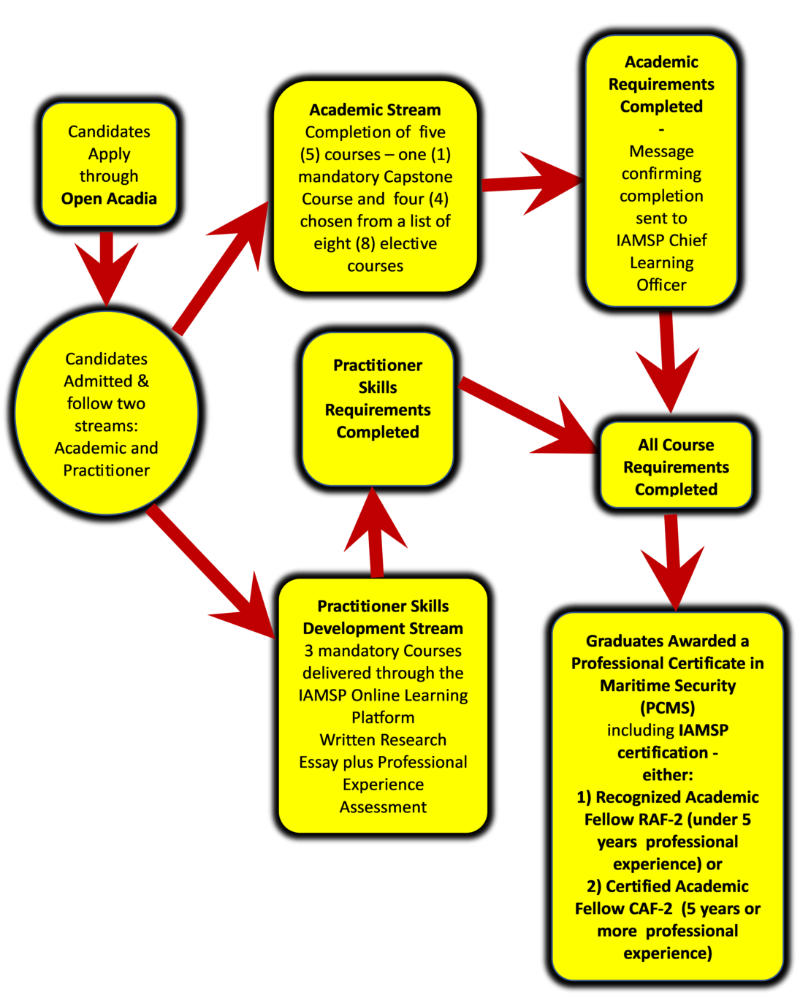Ocean Newsletter
No.574 July 5, 2024
-
Pacific Island Countries' Marine Environment Initiatives ~From a case study in the Republic of Palau~
NARISAWA Miku (Graduate School of Environmental Studies, Tohoku University / Center for Northeast Asian Studies)
At the 2023 UN Climate Change Conference (COP28), member states of the UN Framework Convention on Climate Change also discussed the role of the oceans and ocean climate change. Rising sea temperatures have caused tremendous damage to marine ecosystems and to the cultures and livelihoods of people living in island countries such as the Pacific island nations. In island nations, including Japan, it may be necessary to reexamine the blessings of the ocean and redefine how we interact with this important existence.
-
The Current State of Traditional Navigation in the Caroline Islands and Challenges for its Transmission
HAYASHI Kazuyo (Travel Writer)
The traditional art of navigation indigenous to Micronesia and the Caroline Islands was inscribed in the UNESCO List of Intangible Cultural Heritage in Need of Urgent Safeguarding in 2021. This is the only surviving art of navigation on Earth that has been passed down continuously since ancient times. I would like to consider the current state and continuation of this art from the perspective of someone who has been in contact with it for 20 years.
-
Maritime Security in the Age of Climate Change ~ the need for a New Paradigm for Education and Training~
Peter RICKETTS (Former President of Acadia University, Professor, Department of Earth and Environmental Sciences(Canada))
Maritime security has become more complex due to the influence of regional conflicts, and climate change is increasing maritime security risks in various ways, creating a need for new specialized knowledge. Acadia University developed the Professional Certificate in Maritime Security (PCMS) program to educate and train maritime professionals to understand and manage the complex issues and situations facing the maritime security domain.
Maritime Security in the Age of Climate Change
~ the need for a New Paradigm for Education and Training~
Increasing complexity of maritime security
There can be no doubt that the global maritime domain is enormously important. Over 70% of the world is oceanic, 65% of global wealth comes from or near the sea, 80% of the global population lives near the ocean, 90% of international commerce is delivered by ship, and 99% of international digital traffic moves by undersea cable. In addition, oceans control the global distribution of heat and maintain the delicate balance of gasses and moisture in the atmosphere that are central to the climatic environment that has allowed humanity to develop. The world’s oceans are responding to climate change in ways that are threatening the security of maritime activities that have hitherto been seen as relatively stable and sustainable.
Traditionally, maritime security is defined as the provision of protection for people, operations, and infrastructure in the marine domain from actions that might destroy, adversely modify, or disrupt them. These actions can affect populations and infrastructure both directly, such as through the sinking of a ship or an explosion in a port, or indirectly by impacting the environments within which personnel and operations exist, such as from an oil spill or the dumping of waste from ships and coastal facilities. By international convention, states must protect their populations, infrastructure operations and the marine environment from a wide spectrum of threats such as: terrorism, crime, piracy, theft, human trafficking, pollution, invasive species, or massive over exploitation of resources. Concern for the environment and marine resources have long been an important component of maritime security, especially with the development of international law of the sea (UNCLOS) and other formal conventions and treaties covering fisheries, environmental, and resource conservation and protection. Climate change is now increasing security threats to maritime activities in a way that has never been experienced, and as such the definition of maritime security needs to be expanded to include adapting to and mitigating against global warming.
Impact of climate change and response
Global warming and the accelerating rate of climate change impacts are increasing maritime security risks in numerous ways, including sea level rise; increased frequency and intensity of severe storm events; increased incidences of severe drought affecting water supply and navigability of key commercial shipping routes, such as the Panama Canal where water levels are 1.8 metres below normal and strict limits on the number of ships that can pass through were imposed in 2023; and higher incidences of severe wildfires and significant loss of life and property, including coastal communities and harbours, such as in Maui in August 2023.
Furthermore, climate change impacts on the marine environment and natural resources mean that the environmental impacts of shipping and other marine activities need to be reduced. Climate change is causing increased ocean acidification and de-oxygenation, with devastating impacts on coral reefs and shellfish; while temperature and chemical changes are causing changes in the spawning, feeding, and migration of fish stocks and other living marine resources. Changes in ocean circulation as the mixing patterns of cold and warm ocean waters shift are having global consequences. Major oceanic systems such as the Gulf Stream in the North Atlantic and the El Niño/La Niña cycle in the central eastern Pacific are showing signs of unprecedented changes that are having significant impacts on global and regional climates. Winds and ocean currents are hugely important factors in determining global shipping routes, and any sustained changes in those systems will have serious implications for global trade and supply chains.
The urgent need to address climate change is also increasing the pressure on maritime activities to reduce their impacts on the environment and lower greenhouse gas (GHG) emissions. At recent UNFCCC COP meetings, shipping has become an important part of the fight to lower emissions and get to net zero by 2050 or even sooner. Initiatives such as the Green Marine certification program is one way that the industry is responding to the challenge. There is also a need to reduce pollution and negative impacts on the marine environment, expand marine protection and conservation, and embed GHG reduction and sustainability into all activities and operations. The new High Seas Treaty that was adopted by the UN in June 2023 and is now under the process of ratification by UN member states will place further responsibilities for maritime security in ocean areas that are beyond national jurisdictions.
Human resource education for new maritime security
All of this requires new and expanded areas of expertise for those working in leadership roles within maritime industries and activities. Security of the environment and natural resources are now key elements of maritime security and need to be included in the education and training of maritime security professionals. To address this growing need, Acadia University has partnered with Irving Shipbuilding Inc.[1] and the International Association of Maritime Security Professionals (IAMSP) to develop the Professional Certificate in Maritime Security (PCMS) program[2]. Using the five elements of the maritime security domain (geopolitical, economic, operational, environmental, and socio-cultural), this program moves beyond the traditional dependency-based (linear) cause and effect approach of traditional maritime security training by adopting an adaptive systematic (non-linear) approach where every issue within the maritime security domain can have multiple linkages (see Figure 1). This new model educates maritime professionals to understand and manage the complex issues and conditions being faced by the maritime security domain. This holistic maritime security model helps candidates identify critical interrelationships, visualize threats and potential impacts, and leverages information to arrive at a more robust solution to problems.
The PCMS program combines both academic and practitioner courses, treating external factors as complex adaptive systems and training candidates to think critically in a more comprehensive manner. This approach builds a candidate’s base of academic knowledge through academic courses in maritime crime and enforcement; environmental protection; cybersecurity; supply chain considerations; maritime trade and the world economy; and the potential threats to maritime security posed by climate change and ocean use conflicts. The program also includes IAMSP practitioner courses in maritime infrastructure and operations, monitoring and compliance, and security design. A capstone course brings all of this together and provides candidates with the opportunity to integrate all aspects of the program components. The structure of the program and the linkage between the academic and practitioner courses is illustrated in Figure 2.
In addition to the professional certificate from Acadia University, successful graduates with working experience receive IAMSP accreditation. The program is intended to instill in employers a greater sense of confidence that those who have completed it are more capable of successfully meeting the challenges faced in maritime security. The PCMS program is the first of its kind to take this holistic and comprehensive approach to maritime security education and training. This globally unique program is fully online and designed for working professionals in any field of maritime security and located anywhere in the world to take the program at their own pace.
In the 21st century, maritime security professionals must operate within the context of the increasing rate of global change impacted by climate change, global supply chain disruptions, threats from cybersecurity and artificial intelligence, and increasing volatility in international tensions and conflicts. As stated by Allan MacDougall, the Chief Learning Officer for the IAMSP, “coastal nations can ill afford to suffer losses or disruptions in the maritime sector – the Professional Certificate in Maritime Security is a significant step for practitioners ready to take on the new challenges facing maritime security”.

FIGURE 1: A NEW MODEL FOR MARITIME SECURITY EDUCATION AND TRAINING

FIGURE 2: PCMS PROGRAM STRUCTURE - ACADEMIC AND PRACTITIONER COURSE LINKAGE
